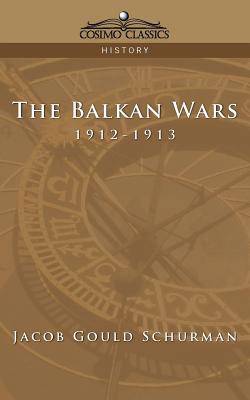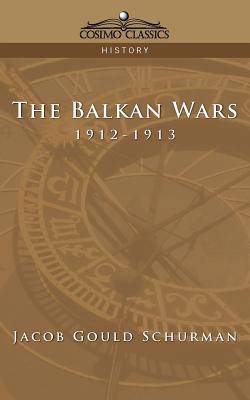
Je cadeautjes zeker op tijd in huis hebben voor de feestdagen? Kom langs in onze winkels en vind het perfecte geschenk!
- Afhalen na 1 uur in een winkel met voorraad
- Gratis thuislevering in België vanaf € 30
- Ruim aanbod met 7 miljoen producten
Je cadeautjes zeker op tijd in huis hebben voor de feestdagen? Kom langs in onze winkels en vind het perfecte geschenk!
- Afhalen na 1 uur in een winkel met voorraad
- Gratis thuislevering in België vanaf € 30
- Ruim aanbod met 7 miljoen producten
Zoeken
Omschrijving
"There has broken out and is now in progress a war which is generally regarded as the greatest of all time-a war already involving five of the six Great Powers and three of the smaller nations of Europe as well as Japan and Turkey..." So opens this second edition of the classic history published mere months after the first in 1914 and prompted by the rapidly devolving global political situation. Students of World War I and war reportage will find a stunning immediacy and a journalistic urgency in this recounting of a war that turned out to be but a mere skirmish preceding a much larger conflagration, told by a diplomat on the scene: the author, a former philosophy professor, served as U.S. minister to Greece and Montenegro during the Balkan Wars. AUTHOR BIO: JACOB GOULD SCHURMAN (1854-1942) was born on Prince Edward Island and educated in Britain and Germany, but spent much of his life in the service of government and education in the United States. In 1892, he was named Cornell University's third President, and during his 28-year tenure advanced the causes of academic freedom and intellectual liberalism. His wide-ranging diplomatic missions-embarked upon during his years as Cornell's president-took him around the globe to postings in the Pacific, Europe, and China.
Specificaties
Betrokkenen
- Auteur(s):
- Uitgeverij:
Inhoud
- Aantal bladzijden:
- 144
- Taal:
- Engels
Eigenschappen
- Productcode (EAN):
- 9781596051768
- Verschijningsdatum:
- 15/06/2005
- Uitvoering:
- Paperback
- Formaat:
- Trade paperback (VS)
- Afmetingen:
- 127 mm x 203 mm
- Gewicht:
- 163 g

Alleen bij Standaard Boekhandel
+ 35 punten op je klantenkaart van Standaard Boekhandel
Beoordelingen
We publiceren alleen reviews die voldoen aan de voorwaarden voor reviews. Bekijk onze voorwaarden voor reviews.









